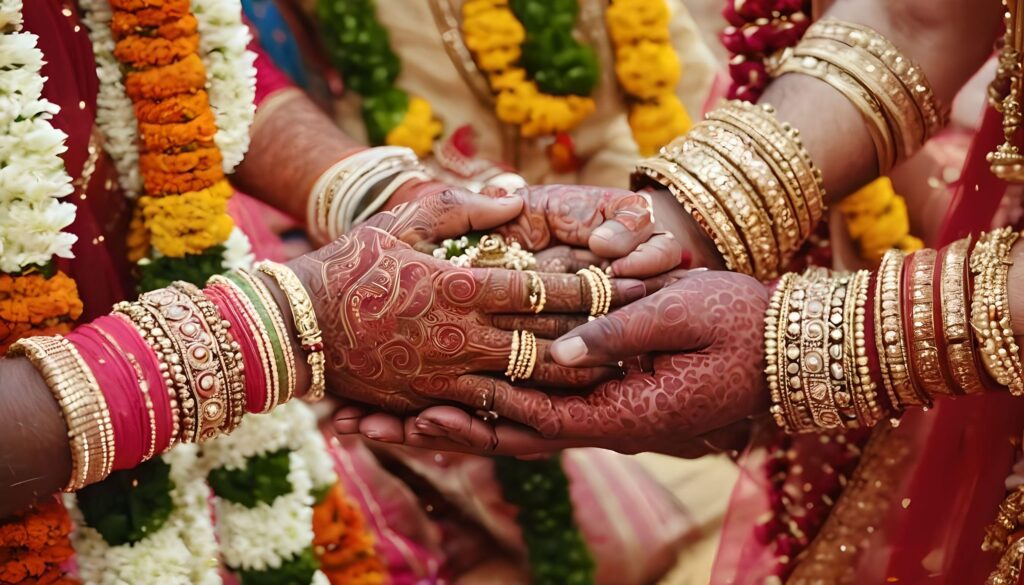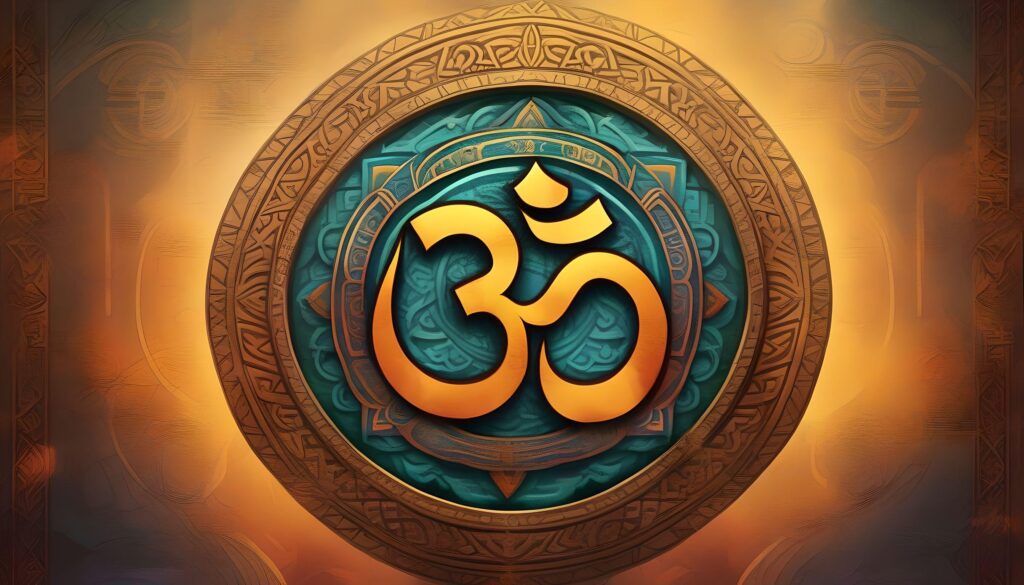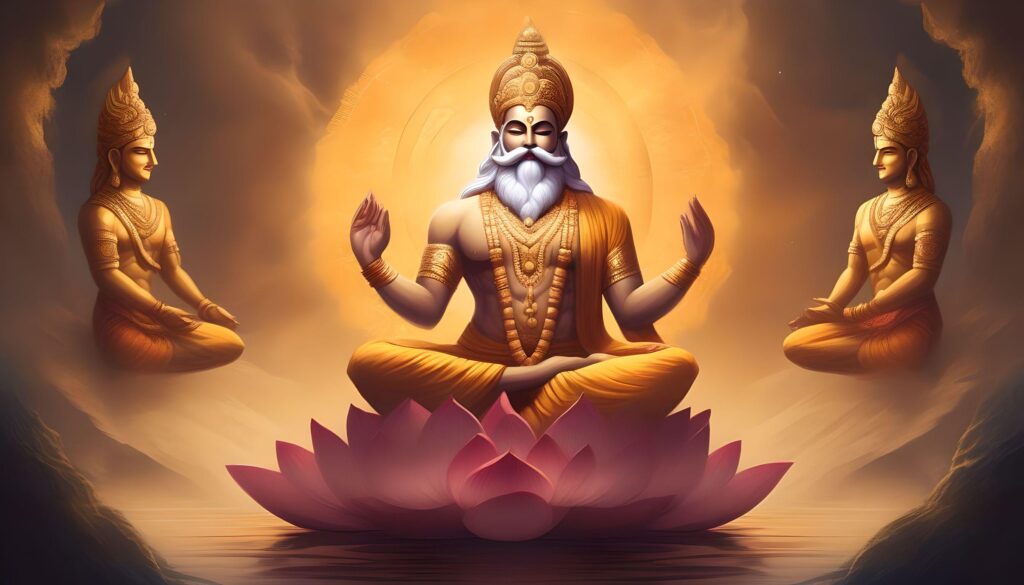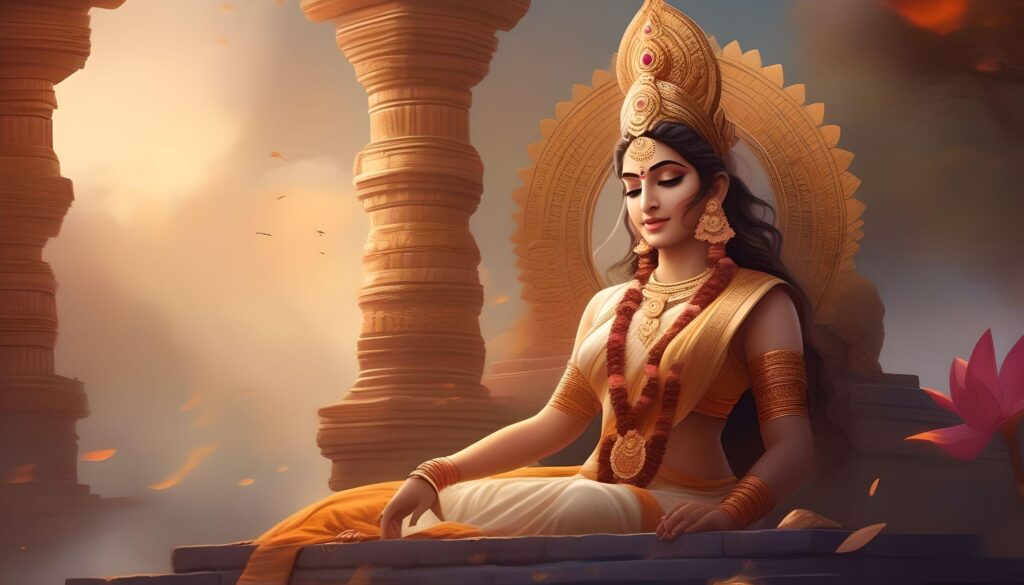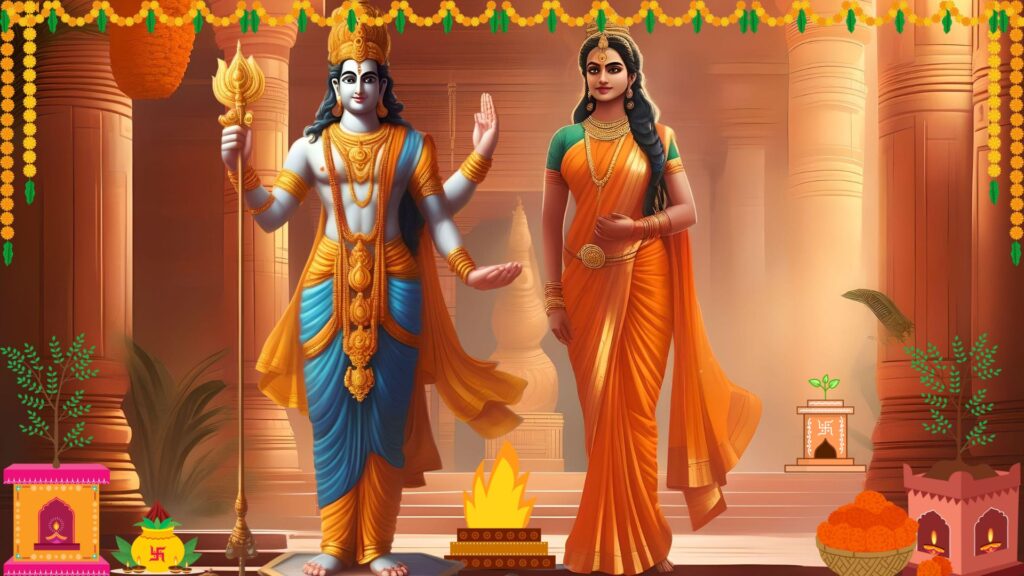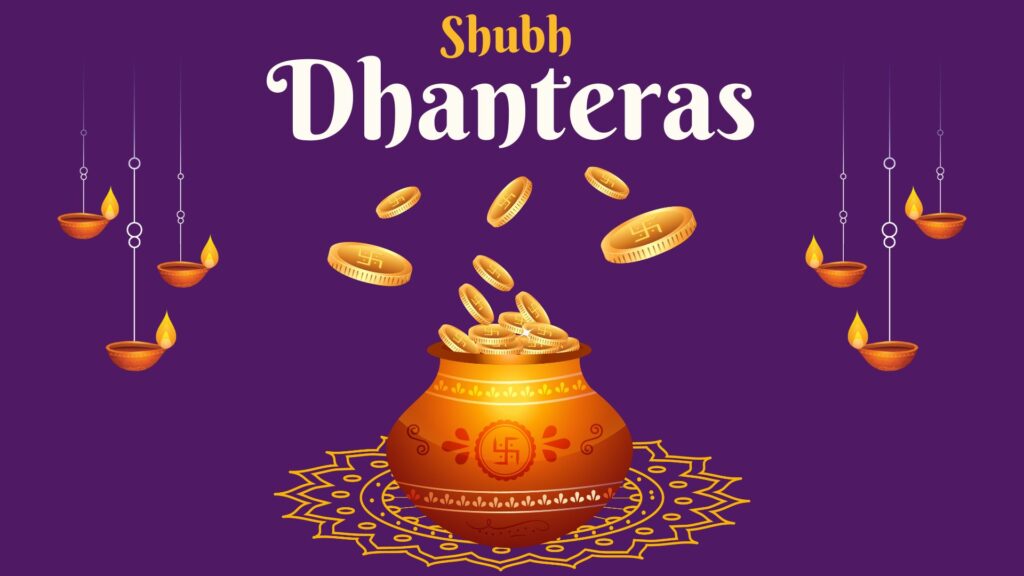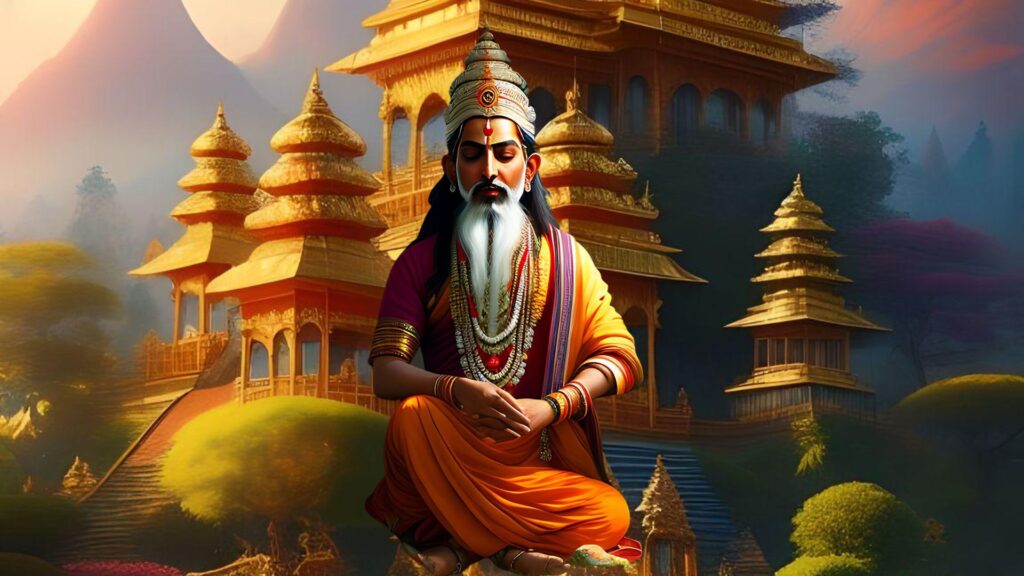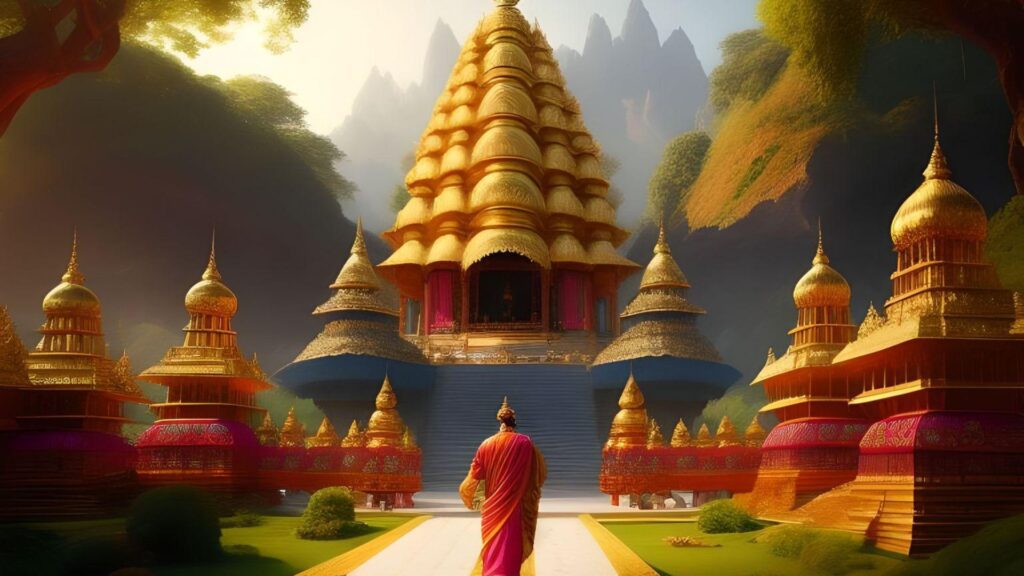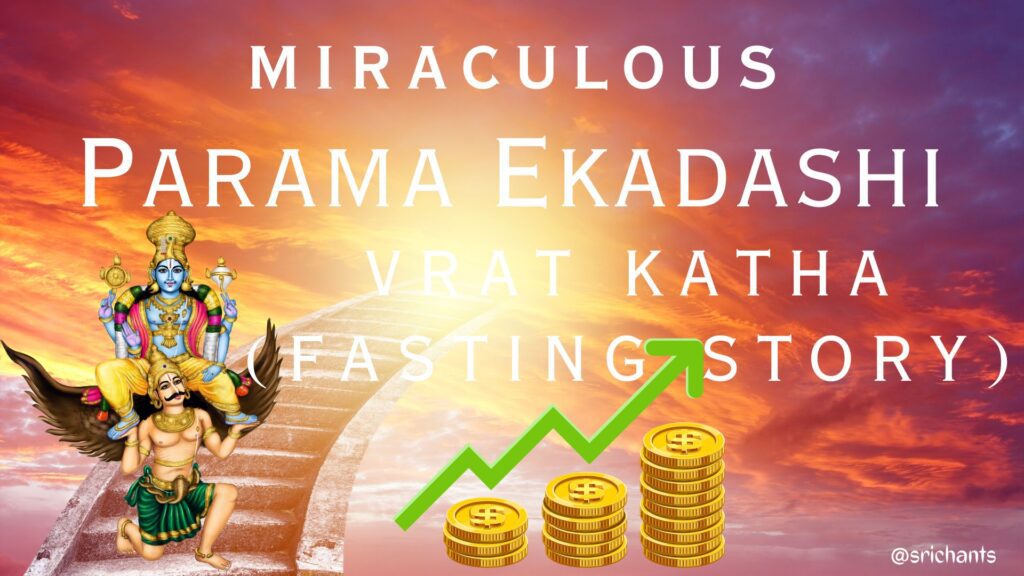Marriage Rituals in Hinduism: Unveiling the Sacred Rites
In Hinduism, marriage is regarded as a sacred bond that unites two individuals, their families, and their spirits; it is not simply a ceremonial event. Hindu matrimonial rituals, which are rich in cultural significance and rooted in tradition, exhibit a dynamic fabric of regionally distinct customs, ceremonies, and spiritual practices that nevertheless possess universal significance.
The Significance of Hindu Marriage
Matrimony is regarded as a sacrament (samskara) and a critical juncture in the life of an adherent of Hinduism. In addition to two individuals, their families, destinies, and spiritual trajectories are entwined in this union. The rituals and customs pertaining to Hindu matrimonial unions have deep spiritual and societal implications, and can be traced back to the ancient Vedic scriptures. Consider the Hindu marriage rituals.
Pre-Wedding Rituals
1. Horoscope Matching (Kundli Milan):
- The consideration of astrological compatibility is of paramount importance in Hindu matrimonial unions. Kundli Milan, also referred to as horoscope matching, entails the examination of planetary positions in order to ascertain the compatibility of a potential couple. This is a significant Hindu engagement ceremony.
2. Engagement Ceremony (Sagai):
- The Sagai signifies the official proclamation of the forthcoming matrimony. The families exchange rings and presents as a token of appreciation and devotion.
3. Ganesh Puja and Vratham:
- A prenuptial ritual is conducted, which is devoted to Lord Ganesha, with the intention of securing his favor in order to ensure a matrimonial union devoid of discord and challenges. A ritual fast and petitions for divine grace and purification are observed by the couple. This is a prevalent Hindu matrimonial custom.
Wedding Day Rituals
1. Kanyadaan:
- Akanyadaan, one of the most profound ceremonies, consists of the bride’s parents ceremoniously transferring her to the betrothed. It represents the bride’s transition into a new family and the groom’s assumption of responsibility.
2. Vivah Homa (Sacred Fire Ceremony):
- The sacred fire (agni) is regarded as an eyewitness to the matrimonial union. By reciting Vedic mantras and presenting offerings around the fire, the couple engages in ceremonial practices that symbolize devotion and the divine presence.
3. Saptapadi (Seven Steps):
- Each of the seven symbolic steps the couple performs around the sacred fire symbolizes a promise and covenant they have made to one another, encompassing elements of support, trust, and affection.
4. Mangalsutra and Sindoor Ceremony:
- The groom bestows upon the wife a mangalsutra, a sacred necklace that represents her matrimonial status and safeguarding. The act of applying sindoor (vermilion) to the forehead of the bride represents her solemn pledge and wedded contentment.
5. Aashirvad (Blessings):
- The newlyweds are bestowed with blessings by elders and family members, who extend their best wishes for a married life filled with love, pleasure, and understanding.
Post-Wedding Rituals
1. Vidaai (Farewell):
- An emotional moment as the bride bids farewell to her parental home, marking the beginning of a new chapter in her life. It signifies her departure and integration into her husband’s family.
2. Griha Pravesh (Home Entry):
- In the midst of traditional rites, the newlywed is greeted into her new residence, which signifies her transition into a fresh stage of life alongside her spouse and in-laws.
Regional Variations in Marriage Rituals
Hindu marriage rituals exhibit rich diversity across regions:
- North India: Ceremonies like Haldi, Chooda, and Sehra Bandi are prominent.
- South India: Rituals like Kashi Yatra, Oonjal, and Kanyadaanam hold significance.
- East India: Traditions like Aiburo Bhaat, Biye, and Bor Jatri add unique flavors.
- West India: Ceremonies like Mehendi, Ponkvu, and Jaimala add vibrancy to weddings.
Contemporary Adaptations and Trends
With changing times, modern elements are merging with traditional rituals:
- Destination Weddings: Couples opt for scenic locations for a blend of tradition and grandeur.
- Themed Ceremonies: Incorporating themes and concepts into ceremonies for a personalized touch.
Conclusion
Hindu matrimonial ceremonies serve as a profound embodiment of cultural abundance, spiritual reverence, and ancient wisdom. These rituals and observances function as a beacon, directing romantic partnerships towards an everlasting union characterized by camaraderie, comprehension, and unity. Irrespective of discrepancies, Hindu matrimonial unions exemplify the enduring principles of reverence, adoration, and fidelity, thereby fostering the institution’s sanctity. Vedic wedding ceremonies are an integral element of each Hindu household.
#marriage #weddings #ceremonies #couples #engagement #rituals #weddingday
